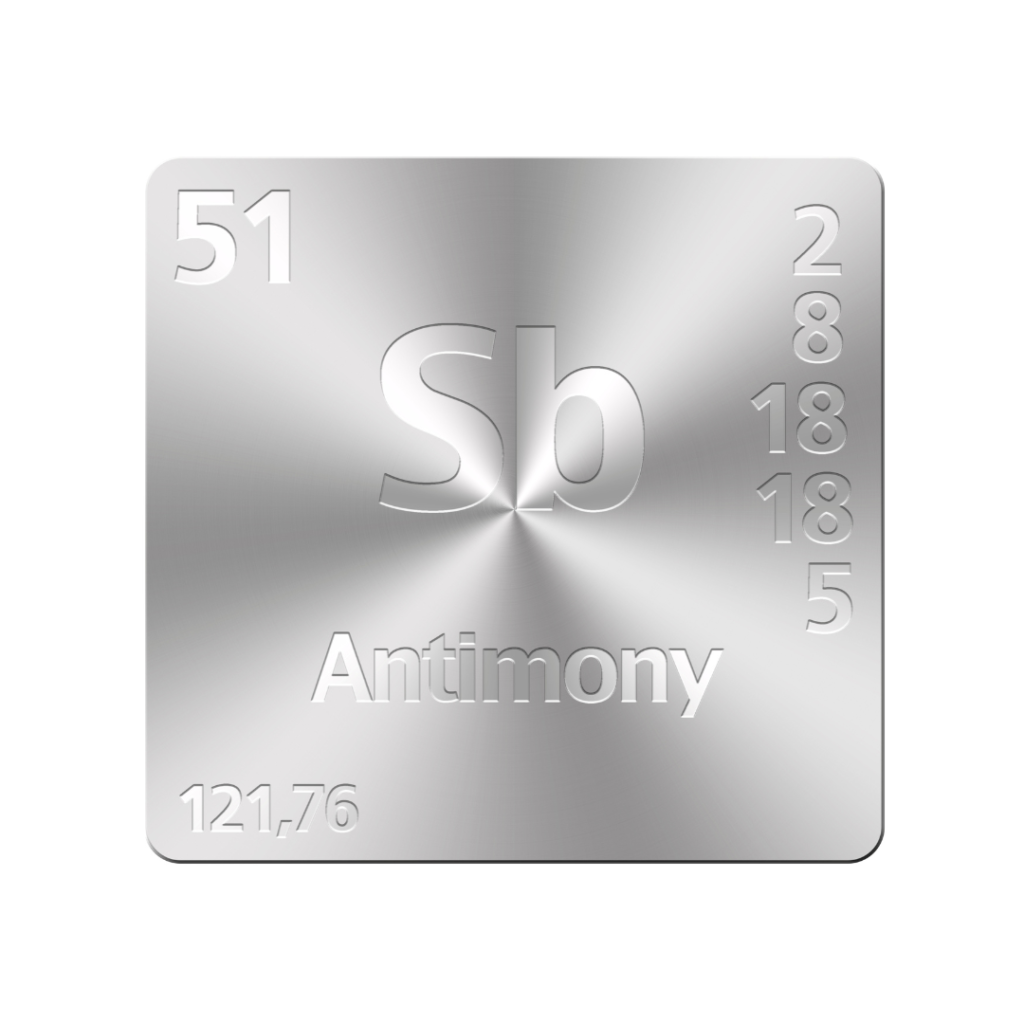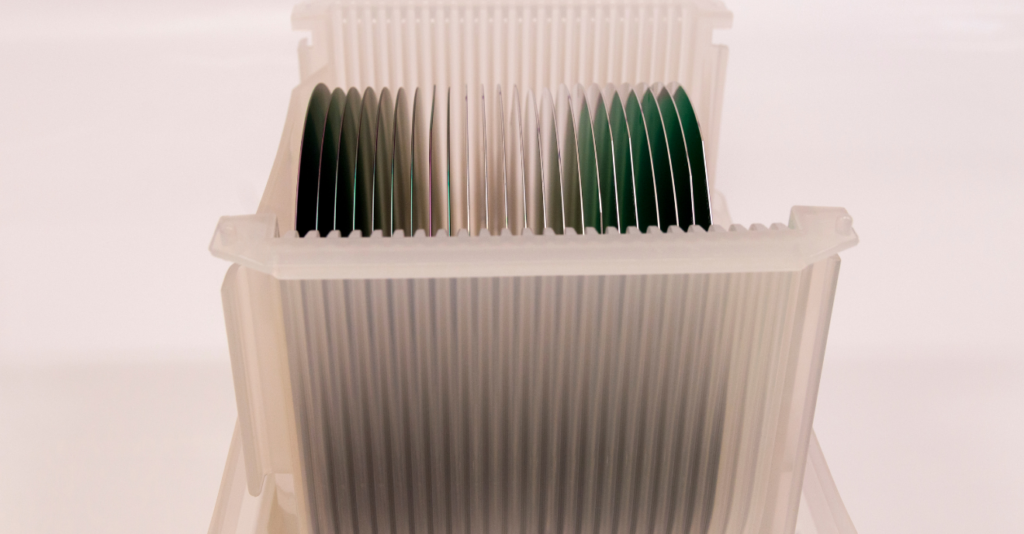
Antimony (Sb) is a chemical element with the symbol Sb and atomic number 51. In MBE systems, antimony can be used as a dopant, which means it is introduced in small amounts to a semiconductor material in order to alter its electrical properties. Antimony is a p-type dopant, which means it introduces positive charge carriers (holes) into the material, making it more conductive. This is useful for creating p-type semiconductors, which are used in electronic devices for their ability to conduct electrical current. Antimony can also be used as a material in the construction of the vacuum chamber and other components in MBE systems.

There are several types of antimony that can be used as a source in MBE systems, including:
- Antimony metal: This is a solid form of antimony that can be evaporated in an MBE system.
- Antimony compounds: Antimony can also be used in the form of compounds such as antimony trichloride (SbCl3) or antimony oxychloride (SbOCl). These compounds can be evaporated in an MBE system to deposit antimony onto the substrate.
- Antimony oxide: Antimony oxide (Sb2O3) can be used as a source in MBE systems, either as a solid or as a vapor. It can be evaporated using a resistive heating source or a laser.
- Antimony telluride: Antimony telluride (Sb2Te3) is a compound that is often used as a source in MBE systems for depositing thin films of tellurium. It can be evaporated using a resistive heating source or a laser.
- Antimony selenide: Antimony selenide (Sb2Se3) is another compound that is often used as a source in MBE systems for depositing thin films of selenium. It can be evaporated using a resistive heating source or a laser.

